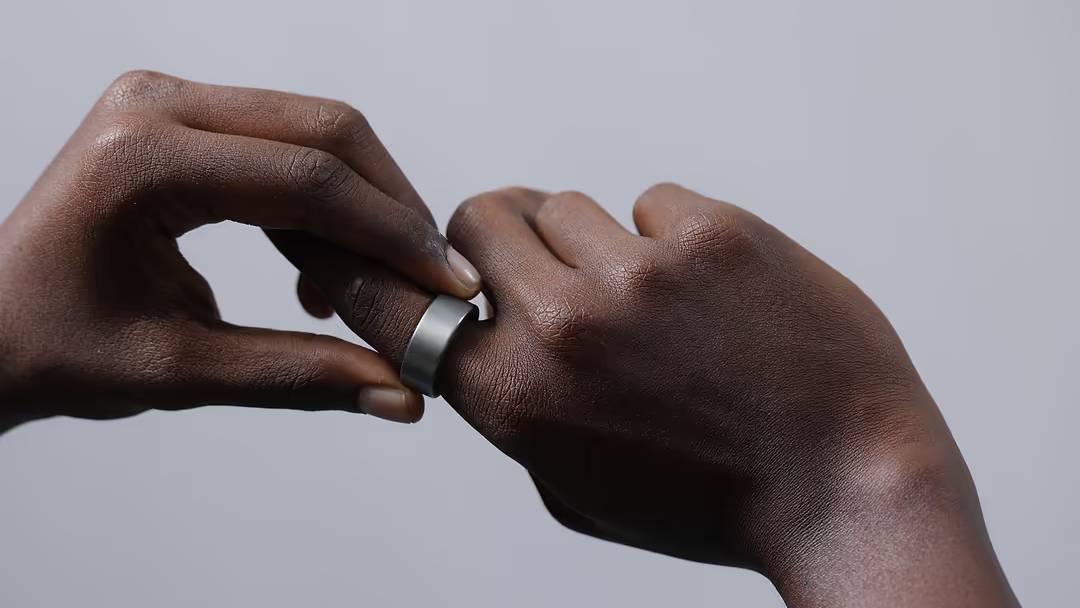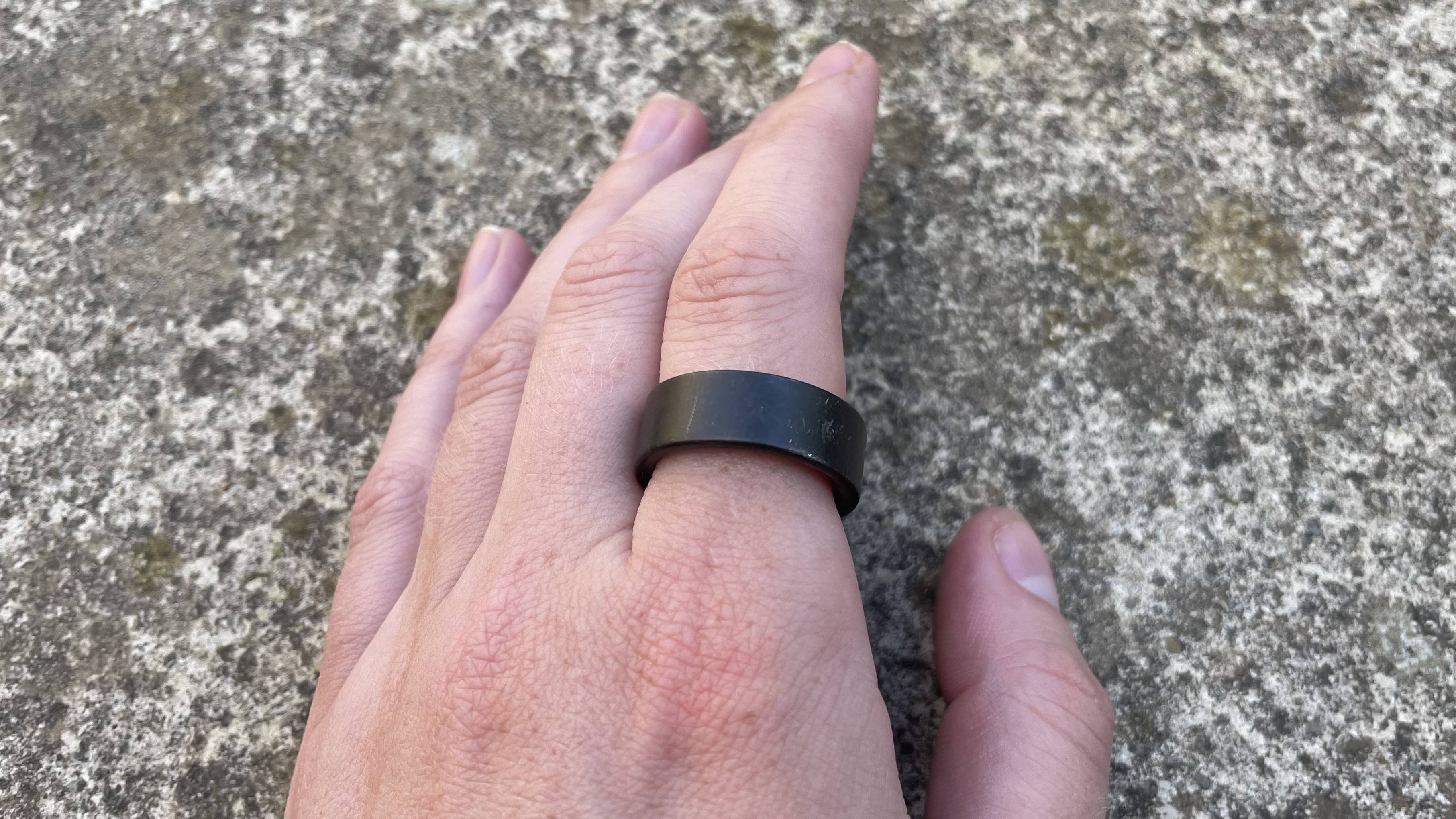
Health and fitness company Ultrahuman has just launched a new feature for its best fitness tracker, the Ultrahuman Ring Air, that enhances fitness tracking for those who work irregular shift patterns.
Spotted on Reddit, the new feature called ‘Shift Work Mode’ was quietly added to the Ultrahuman app settings. It’s designed to improve health monitoring for workers whose jobs run outside of the usual 9-5 working hours, giving those in shift work roles (for example, healthcare) an alternative option to standard fitness and sleep tracking, which is based on more typical sleep patterns for daytime workers.
When activated in the Ultrahuman app, Shift Work Mode tracks sleep and general activity by adapting to these varying patterns. According to Gadgets & Wearables, Ultrahuman explained that the new feature can help shift workers get accurate activity readings by adjusting baseline activities and metrics, tailoring data interpretation based on weekly routines.
In addition, shift workers who enable the feature will also have access to more precise sleep data when they’re active during usual sleep hours. Shift Work Mode does this by enhancing the Ring Air’s sleep detection features, picking up on irregular sleeping patterns for accurate insights.
While the Shift Work Mode feature is a useful integration to the best smart rings, Ultrahuman isn’t the first company to introduce a tool of its kind. The RingConn smart ring is another fitness tracker that has a similar feature designed for shift workers, released in 2023.
Now that there’s a slowly brewing need for similar features across fitness tracking devices, we hope that the Samsung Galaxy Ring will pick up on this – but only time will tell.
Analysis: a step towards more accurate fitness tracking

It’s naive to think that everyone follows the same work and sleep schedules. Interruptions like these can have an effect on how your fitness trackers monitor these patterns, resulting in inaccurate readings.
But what some may not recognize is that these tools can be beneficial for those who do work regular hours, but may have other hindrances that affect the accuracy of performance readings. For example, modes that make a point of tracking irregular sleeping patterns can be helpful for parents with newborns that result in no-sleep nights, and having the option to make allowances for these situations makes for more useful and more accurate fitness wearables.
With the case of Ultrahuman’s new Shift Work Mode feature and RingConn’s similar tools, smart ring manufacturers are beginning to pick up on the importance of inclusivity in wearable tech. While there’s still a long way to go, features like Shift Work Mode indicate that the burgeoning smart ring category is heading in a positive and innovative direction.







